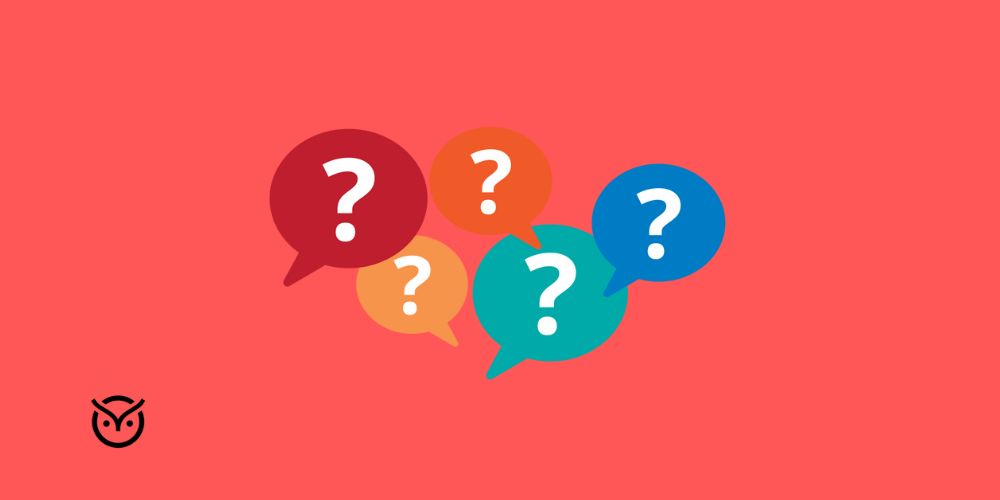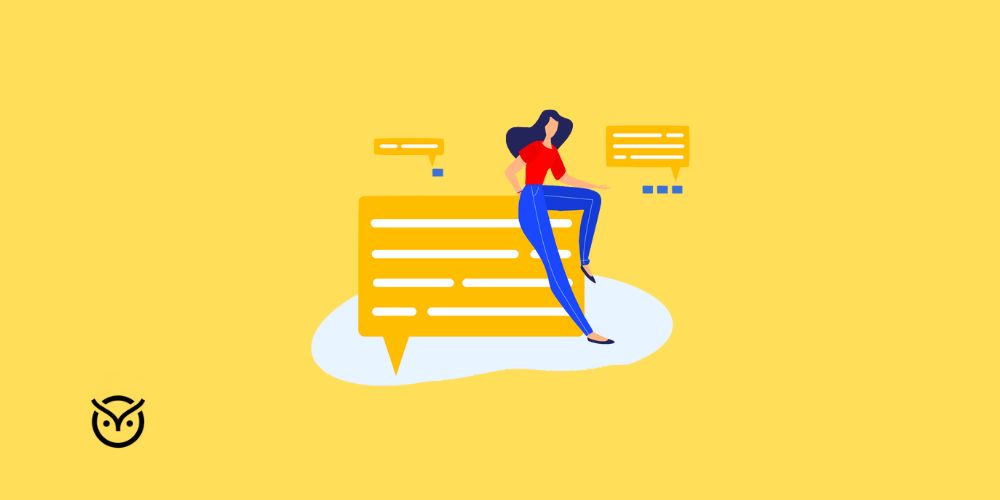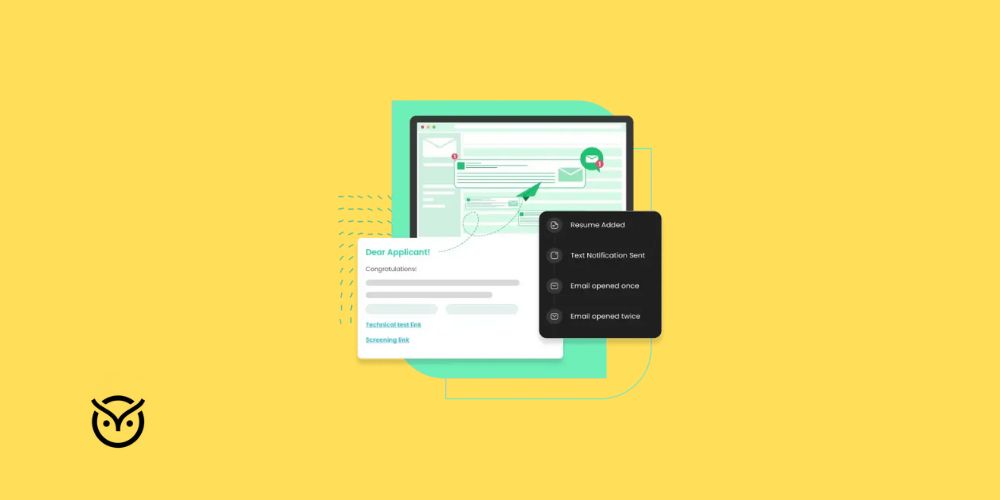
TL;DR
- Research the company and role
- Understand the interview format
- Review job description thoroughly
- Practice common questions
- Dress professionally (even for virtual)
- Test tech setup beforehand
- Arrive 10–15 mins early
- Bring necessary materials
- Greet warmly and professionally
- Maintain good body language
- Listen actively before speaking
- Be clear, honest, and positive
- Ask thoughtful, relevant questions
- Keep answers concise
- Send a thank-you note within 24 hrs
- Reflect and improve for next time
You nailed the resume, booked the interview, and even pulled out your best shirt. Then? Crickets. It’s not always about your experience. It’s how you show up. That’s where job interview etiquette comes in. The stuff no one puts in the job post, but hiring managers notice in a heartbeat.
This blog will break down everything you need to know, from how to act before, during, and after the interview to interview dos and don’ts that every candidate should remember. Whether you’re a first-timer or brushing up for your next big opportunity, this guide will help you show up with confidence and professionalism.
Are You Interview-Ready?
1. Do you research companies before interviews?
2. Do you send thank-you notes afterward?
3. Can you describe your strengths clearly in 30 seconds?
What Does Job Interview Etiquette Mean?

At its core, job interview etiquette is all about leaving the right impression. And no, it’s not just what you say. It’s how you show up, how you sit, how you treat the receptionist, and whether you remembered to send that thank-you email. From being on time and dressing like you mean it to making eye contact without turning it into a stare-down, the little things stack up. These moves quietly tell the employer you’re sharp, respectful, and actually know how to act in the real world.
Think of it this way: companies aren’t just hiring a skill set. They’re hiring someone they’ll work with every day. That’s why understanding the etiquette of interview scenarios helps you stand out.
Practicing proper etiquette in an interview also answers the unspoken question on every hiring manager’s mind: “Would I want to work with this person?” So if you’ve ever wondered how to act in an interview, it starts with respect, preparation, and showing that you’re genuinely engaged.
16 Ways to Practice Proper Job Interview Etiquette

Here's how to show up at a job interview like a pro at every stage with polished job interview etiquette:
Before the Interview
- Research the Company and Role
Showing up clueless? Not a good look. Dig into the company’s site, recent news, and that job description you skimmed once. Know their mission. Get a feel for the culture. Understand the space they play in. It helps you tailor your answers and ask questions that don’t sound like filler. Doing your homework is an easy win and a major green flag.
- Understand the Interview Format
Ask the recruiter or check your invite to clarify if the interview is virtual, phone-based, panel-style, or a task-based discussion. Preparing for the correct format shows respect and is key to proper interview etiquette.
- Review the Job Description Thoroughly
Study the key responsibilities and required skills. Match them with your own experiences. This will make your responses more tailored and relevant.
- Practice Common Questions Out Loud
Practice answers for common questions like “Tell me about yourself” or “What’s your greatest weakness?” But don’t sound rehearsed. Practicing helps you speak with clarity, a core part of etiquette in an interview.
- Dress Professionally (Even Virtually)
Your outfit should match the company culture. If unsure, err on the side of formal. For remote interviews, dress fully (yes, even the pants). You never know when you’ll need to stand up.
- Test Your Tech and Setup (for Virtual Interviews)
Check your internet, camera, audio, and lighting. Choose a quiet, clean background. Poor tech prep can make you seem disorganized even if you’re not.
- Arrive Early But Not Too Early
How early should you be for a job interview? Aim 10–15 minutes before the interview starts. If it’s virtual, log in a few minutes early and wait. It’s a small gesture, but a key rule in interview dos and don’ts: being late is a don’t.
- Have Materials Ready
Bring printed resumes, a list of questions, a notebook, and a pen. For online interviews, keep a digital version handy and open relevant tabs discreetly. This shows you’re organized and serious.
Interview Preparation Checklist
During the Interview
- Start with a Friendly, Professional Greeting
Smile, greet the interviewer by name, and maintain confident eye contact. This sets a positive tone and is part of the essential etiquette of interview behavior.
- Watch Your Body Language
Sit up straight, avoid fidgeting, and nod to show active listening. Good posture and nonverbal cues create a strong, trustworthy impression.
- Listen More Than You Speak
Give the interviewer space to finish questions and reflect on your answers. If you’re unsure, ask for clarification rather than guessing. This shows emotional intelligence and good communication, hallmarks of great job interview etiquette.
- Be Clear, Honest, and Positive
Avoid exaggerating your experience. If you don’t know something, say so, but explain how you'd learn. Employers appreciate humility and learning agility more than fake confidence.
- Ask Thoughtful Questions
Good questions prove engagement. Ask about team dynamics, success metrics, or challenges the company faces. Avoid questions about salary or vacation in the first round.
- Don’t Overshare or Ramble
Answer concisely. Share enough to support your point, but don’t drift into personal tangents. One of the top items in the interview dos and don’ts list? Keep it relevant and professional.
How Would You Respond?
The interviewer cuts you off mid-answer and moves to the next question.
After the Interview
- Send a Thank-You Note Within 24 Hours
A short, genuine email can make a lasting impression. Thank them for their time, mention one part of the conversation you enjoyed, and reaffirm your interest. It’s a must-do piece of job interview etiquette.
- Reflect and Improve for Next Time
Win or lose, take notes on what went well and what could’ve gone better. This reflection helps you continuously improve your etiquette in an interview and build confidence for future rounds.
Want to sharpen your interview game fast? Run a mock interview or hit record and watch yourself back. You’ll spot the “ums,” the slouching, the weird pauses, and fix them. It’s one of the quickest ways to fine-tune how you show up and sound like you’ve actually done this before.
Match the Behavior to the Correct Interview Stage
Before
During
After
Conclusion
Job interview etiquette isn’t about being perfect. It’s about showing up sharp, prepared, and actually paying attention to how you come across. From being on time to sending that quick thank-you note, the little things speak loudly. Whether you’re new to the game or just leveling up, how you carry yourself in the room can set you apart.




